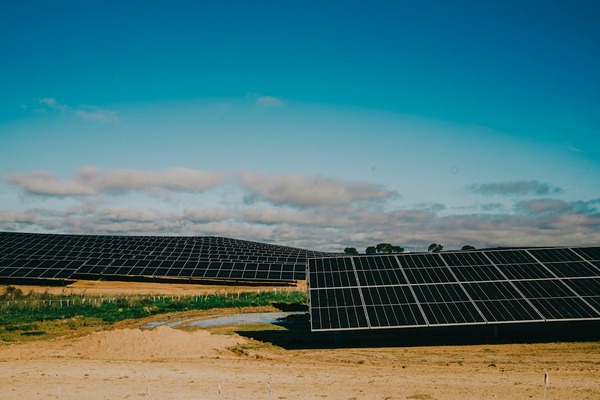Swiss company Synhelion plans to develop a solar-based synthetic fuel facility in Morocco. The project is estimated to cost $1 billion and aims to produce nearly 100,000 tonnes of fuel annually. The facility will use solar heat to create synthetic fuels that can be used in existing engines without modification.
Morocco was chosen for the project due to its strong solar resources, availability of raw materials, and industrial capacity. The project is expected to be funded through a combination of bank loans, a share sale, and potential government support. Synhelion, originally a spin-off from ETH Zurich, develops synthetic fuels using solar heat.
These fuels can be used in existing internal combustion and jet engines without modification. The company launched its first industrial-scale solar fuel plant in Jülich in Germany, which started operations in 2024, and is working on another project in Spain, scheduled to begin production in 2027.
Morocco has been expanding its renewable energy sector with large-scale projects. The Noor Ouarzazate Solar Complex has an installed capacity of 580 megawatts (MW) and uses solar thermal technology to store energy for continuous power generation. The Midelt Solar Complex, expected to produce up to 800 MW, combines solar photovoltaic and thermal energy to improve efficiency.
Wind power is also growing in Morocco. The Tarfaya Wind Farm, with a capacity of 300 MW, is one of the largest in Africa. The Boujdour Wind Farm is another major project with a planned capacity of 300 MW. Morocco is also exploring green hydrogen production, with studies underway for large-scale hydrogen exports.
Synhelion’s planned facility will add to Morocco’s renewable energy efforts. By using high-temperature solar heat to produce synthetic fuel, the project aims to provide an alternative to conventional aviation and transport fuels.


